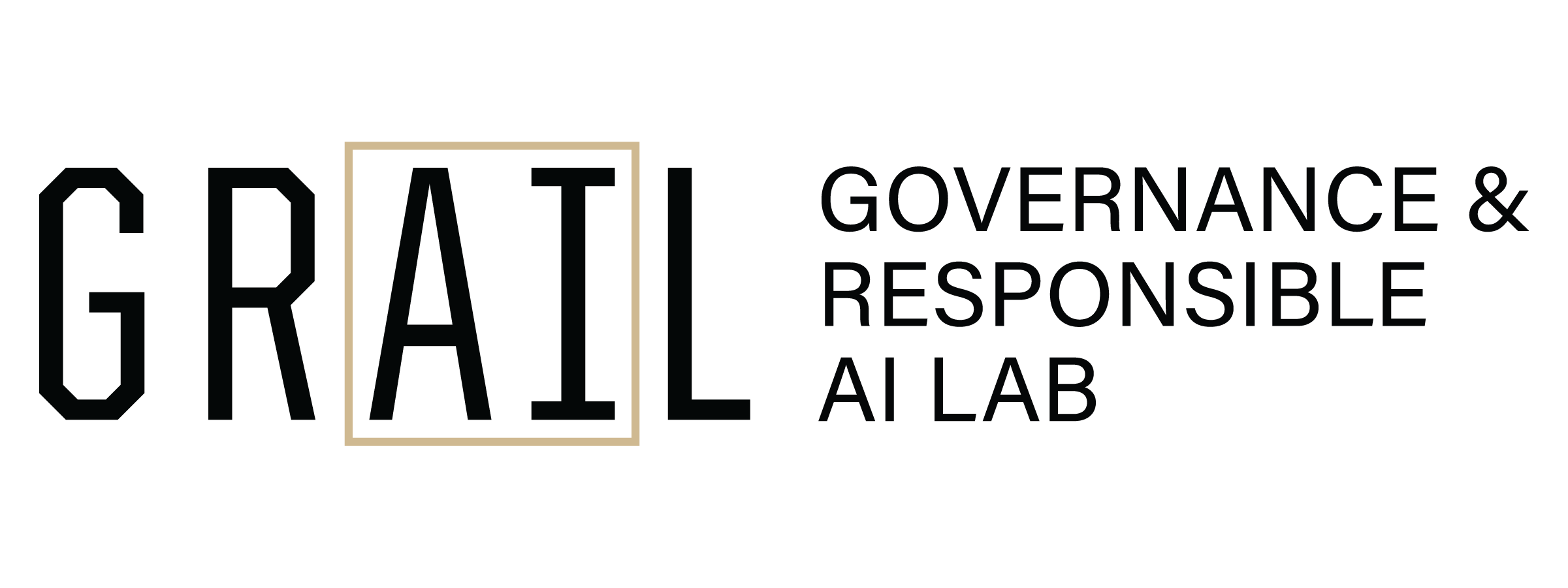
Linking Personal and Professional Social Responsibility Development to Microethics and Macroethics: Observations from Early Undergraduate Education
This study investigates the development of personal and professional social responsibility attitudes among undergraduate engineering students. It uses a mixed-methods approach to explore influences, including family, collegiate experiences, and the professional environment, shaping students’ microethical and macroethical perspectives.
Executive Summary
Engineers play crucial roles in society by designing complex systems and influencing global communities, and thus carry significant ethical responsibilities. University engineering programs must instill a strong sense of professional social responsibility in graduates, ensuring they recognize and address the ethical implications of their work. Various educational strategies, including case studies and community engagement, aim to promote ethical development, though challenges persist. This 5-year NSF-funded study investigates the development of personal and professional social responsibility attitudes among undergraduate engineering students. It uses a mixed-methods approach to explore influences, including family, collegiate experiences, and the professional environment, shaping students’ microethical and macroethical perspectives. The results highlight a disconnect between students' personal and professional responsibility attitudes, exacerbated by a sociotechnical divide in engineering education and the ideology of depoliticization. Recommendations for educators include embedding ethics across the curriculum to bridge this gap and fostering both personal and professional macroethical development.
